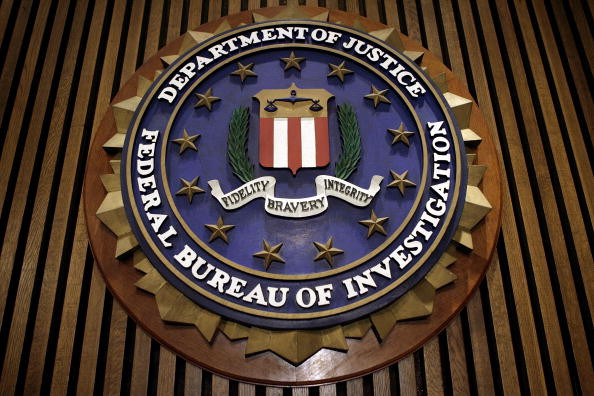US court rules FBI did not need warrant to hack computer even as Senate strikes down open access
The ruling said the warrant was not needed as IP addresses are voluntarily given up by users.

A US court in Virginia has ruled that the FBI was right to hack into a computer without a warrant in a criminal case involving child pornography. The move has not gone down well with privacy advocates and comes only a day after the US Senate struck down an amendment that would have allowed the FBI to track internet histories and communications on PCs and devices without judicial oversight.
"The Court finds that no Fourth Amendment violation occurred here because the Government did not need a warrant to capture Defendant's IP address," Henry Coke Morgan, Jr, a senior United States District Judge, wrote in the order.
The fourth amendment of the US Constitution affirms the right of the people to be secure in their persons, houses, papers, and effects, against unreasonable searches and seizures unless there is a probable cause. Morgan ruled that the warrant in this case by the FBI was not needed at all because one has no reasonable expectation of privacy in an IP address when using the internet as we all voluntarily give up our IP addresses to third parties every day.
The latest case is yet another addition to a string of cases concerning hacking and decryption of private electronic devices for information in the name of criminal investigation, which privacy advocates have termed as gross violation of individual rights. Authorities like the FBI are, however, in favour of having tough rules in place for use of surveillance to not only investigate such cases but also prevent potential cases from taking place.
The news came to light a day after an amendment introduced by Senators John McCain and Richard Burr in the Senate for open-access to the FBI for such hacking warrants was rejected. The amendment was aimed at allowing the FBI to use NSL letters for legal surveillance.
Disappointing Senate blocked amdt to give law enforcement counterterrorism authority that FBI considers #1 priority https://t.co/IWaZPf1iBF
— John McCain (@SenJohnMcCain) June 22, 2016
© Copyright IBTimes 2025. All rights reserved.





















